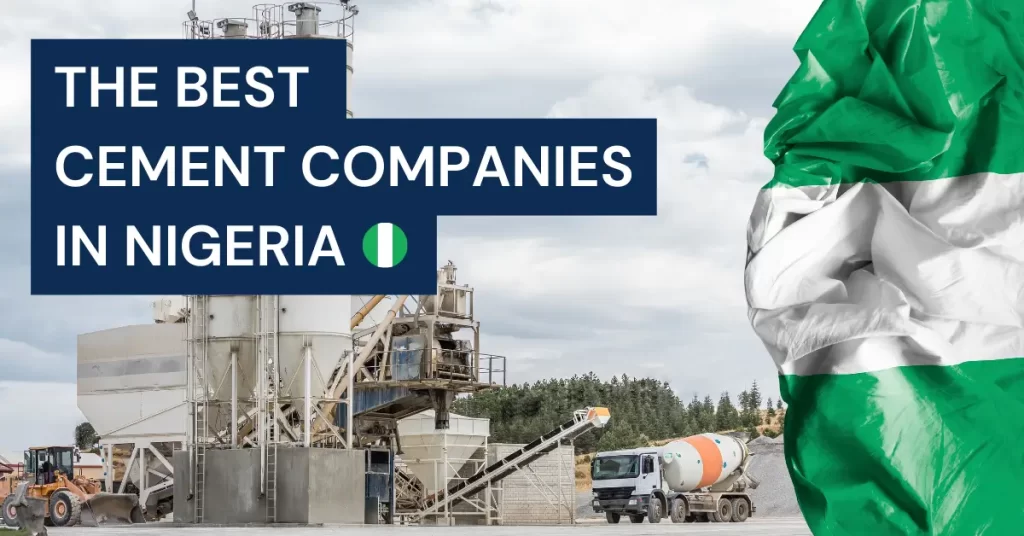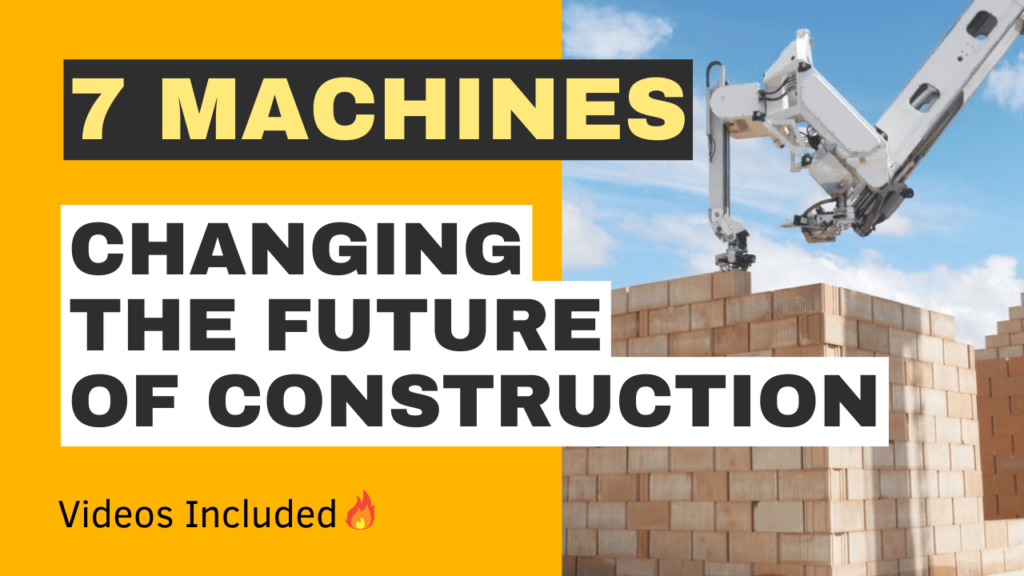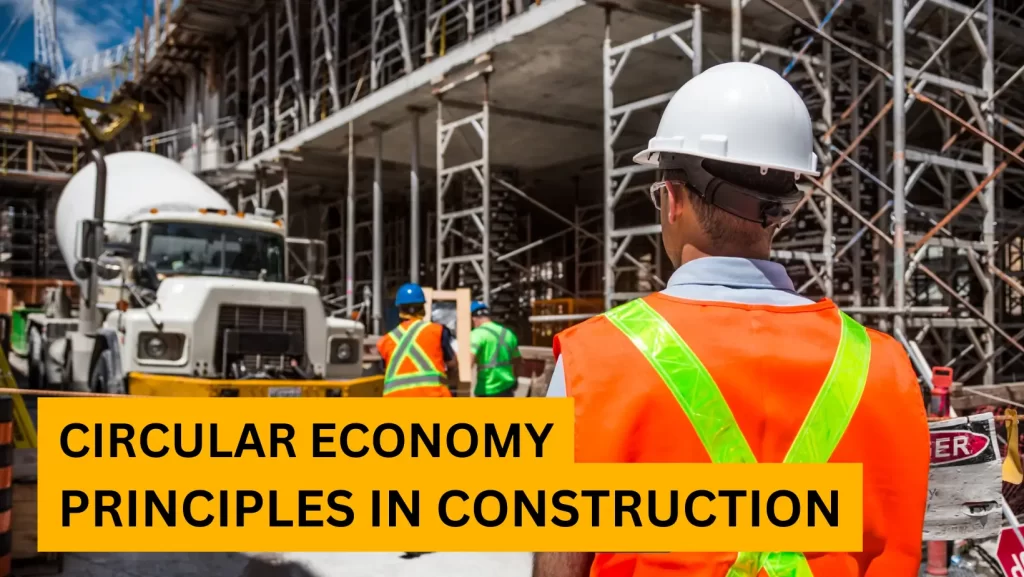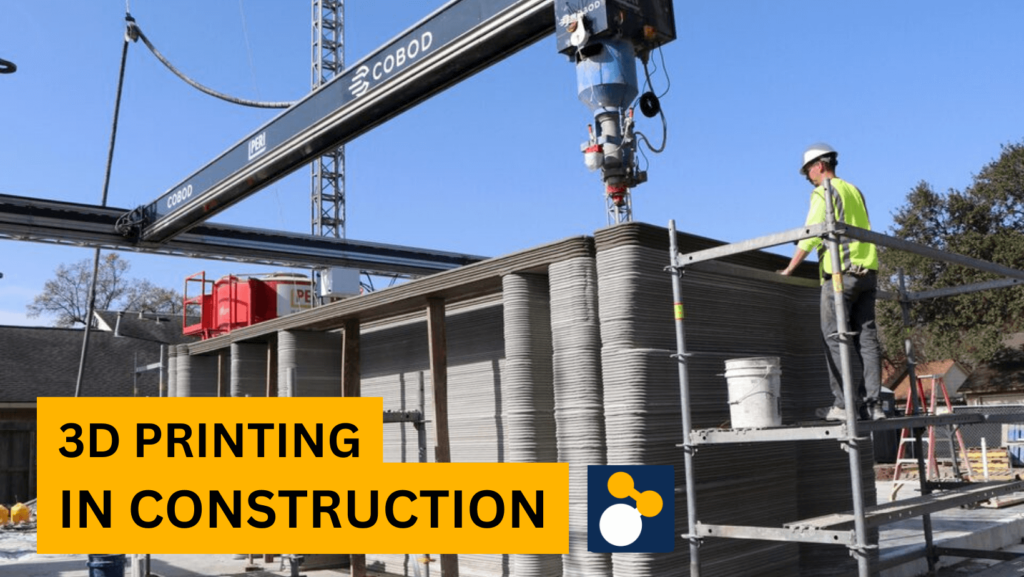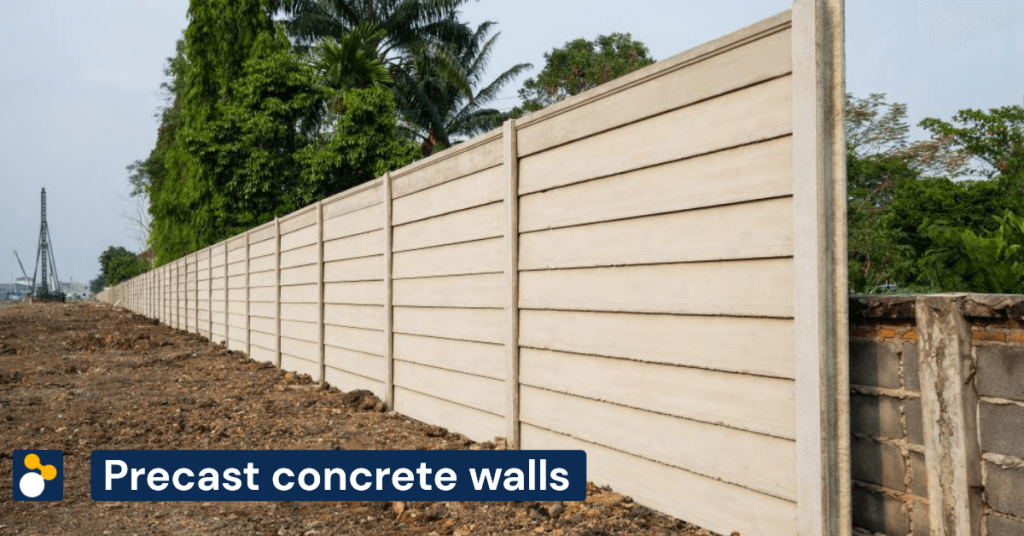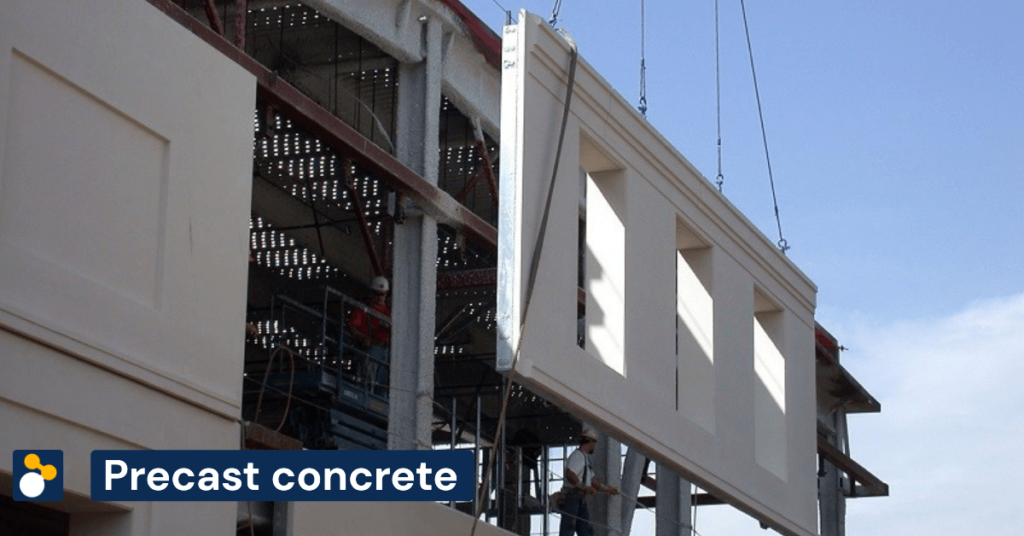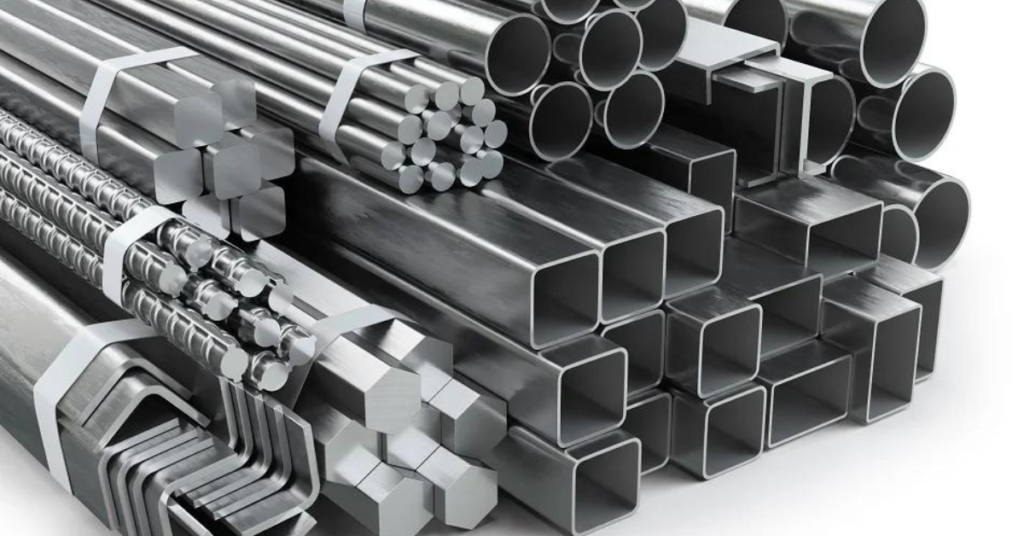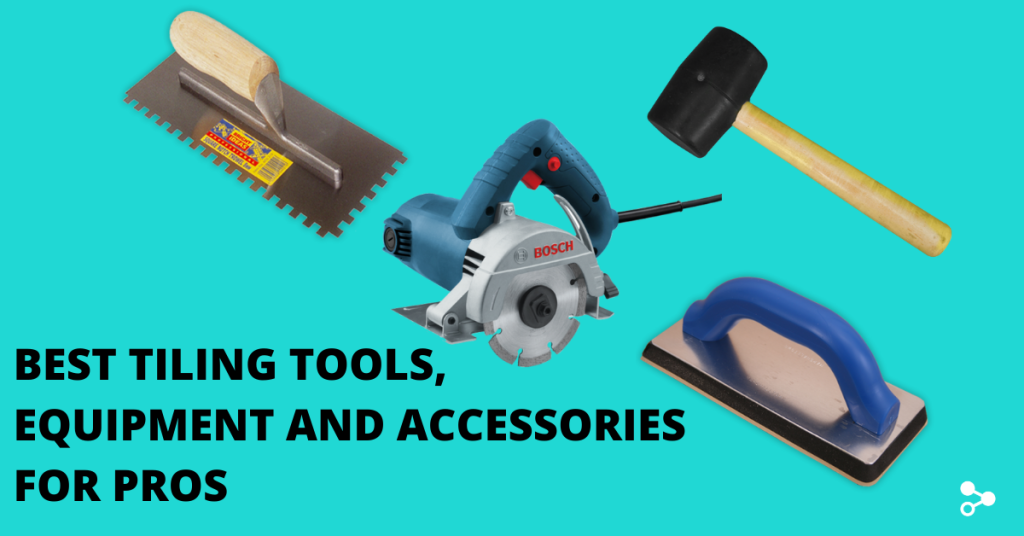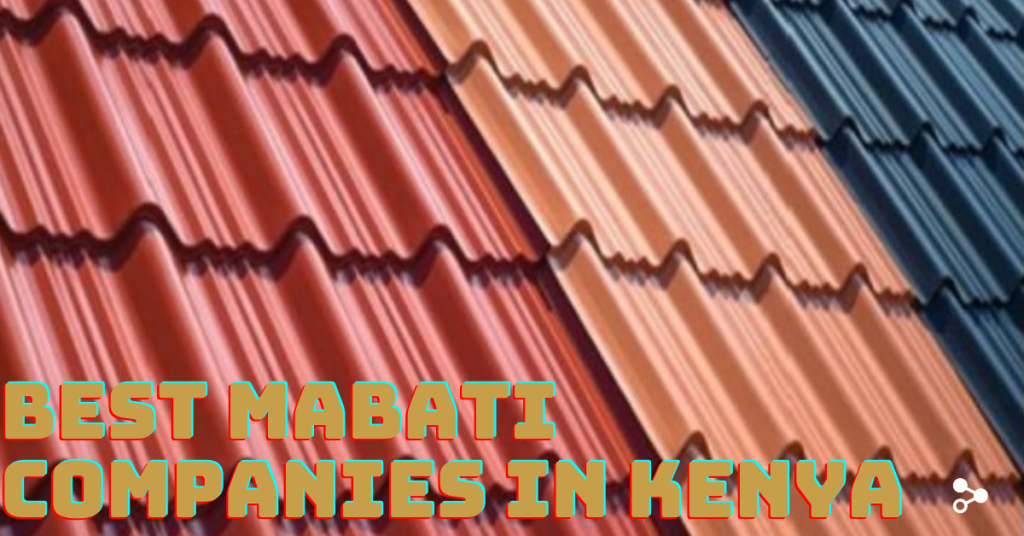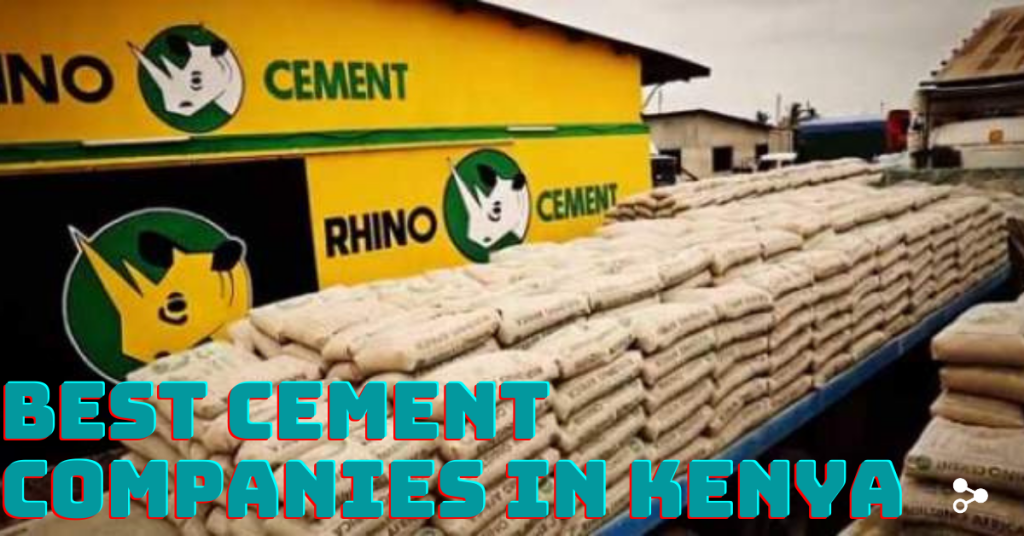Best Cement Companies in Nigeria and Their Brands (2025)
As Nigeria’s urban landscape continues to evolve, reaching ever higher into the azure skies, there’s an unsung hero beneath the gleaming facades and towering structures: cement. For over a decade and a half, I’ve watched this gray gold transform our nation, turning architectural dreams into concrete realities. Today, we’re diving into the heart of Nigeria’s […]
Best Cement Companies in Nigeria and Their Brands (2025) Read More »

